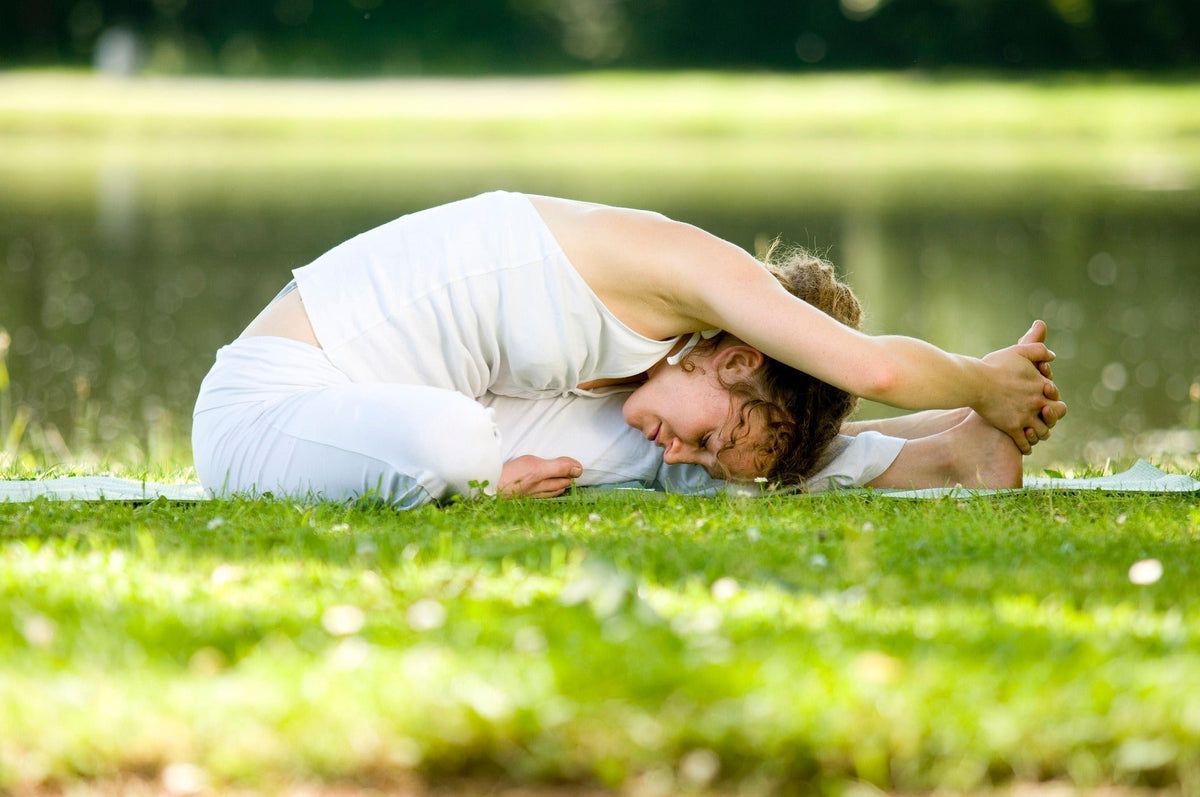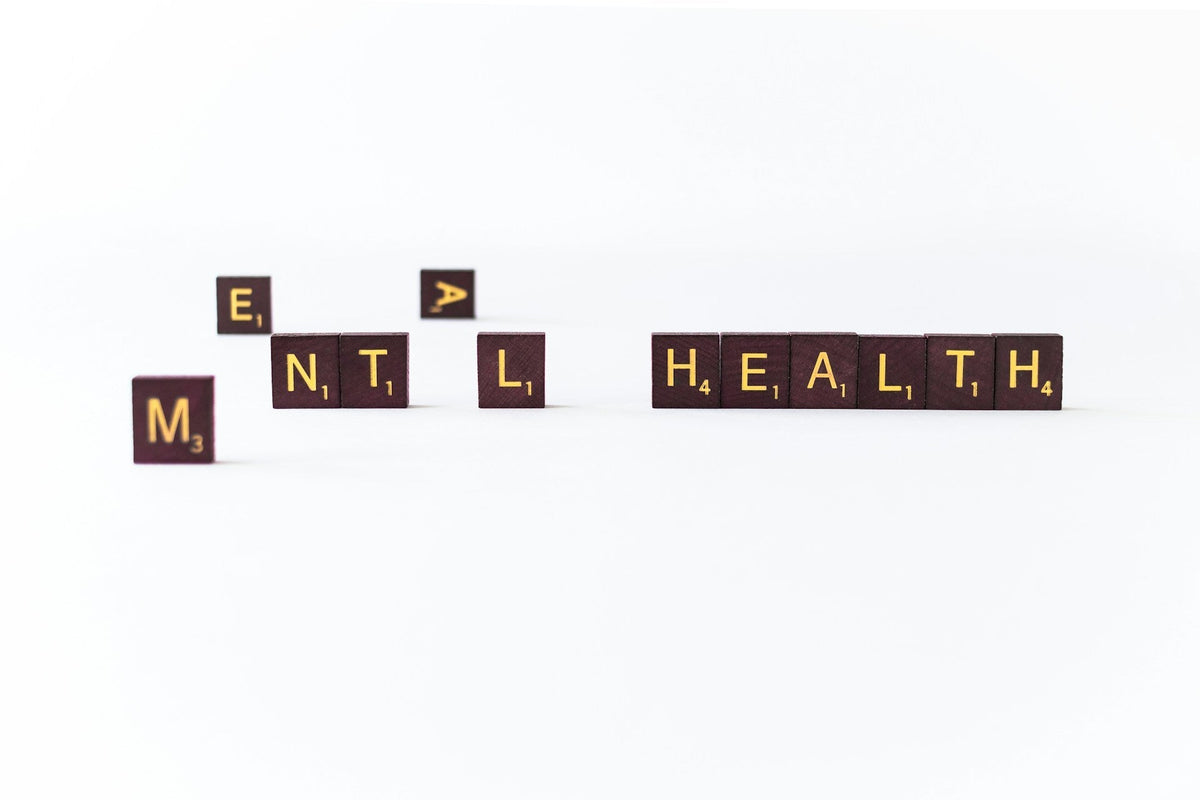Premium roofing choices shape a home’s character, efficiency, and long-term sustainability. From natural slate and standing-seam metal to clay tiles, impact-resistant shingles, and modern green roof systems, each material blends durability with environmental responsibility. These high-end options enhance insulation, reduce energy use, and support eco-conscious living-values we highlight often at the Friendly Turtle EcoBlog. Whether you’re upgrading for longevity, curb appeal, or greener performance, choosing sustainable roofing materials ensures your home stays protected while reducing its environmental footprint. Thoughtful roofing isn’t just a design choice; it’s an investment in resilience, efficiency, and a more sustainable future.
Share your articles with us and get published! Reach out at hello@friendlyturtle.com.
EcoBlog
Welcome to EcoBlog 🐢 —your go-to hub for sustainable and ethical living! Dive into practical how-to guides, inspiring tips, and the latest eco-news to transform your lifestyle. Whether you’re just starting your green journey or looking to deepen your impact, join us and discover how small changes can create a big difference for our planet.
Modern kitchens need more than a sleek appearance-they require surfaces that stay hygienic under daily heat, moisture, and food spills. Eco-friendly hygienic wall cladding offers a durable, non-porous alternative to tiles, preventing bacteria, mould, and grime from building up while cutting cleaning time. Its strong PVC construction resists moisture, impact, and wear, making it ideal for busy households that want long-lasting, low-maintenance solutions. With quick installation and stylish finishes that elevate any contemporary home, wall cladding blends practicality with modern design. At Friendly Turtle EcoBlog, we highlight sustainable, smart upgrades that make homes cleaner, safer, and more efficient-and hygienic wall cladding is one of the simplest ways to future-proof your kitchen.
Preventing cross-contamination is essential for a safe, sustainable kitchen, and small daily habits make the biggest difference. Research shows that sinks, cloths, and cutting boards quickly spread bacteria when they’re not used or cleaned correctly. By adopting simple, eco-friendly routines-such as colour-coding boards, zoning your workspace, rotating reusable kitchen textiles, and air-drying dishes-you protect your family without relying on disposable products. These mindful habits reduce waste while strengthening food safety at home. At the Friendly Turtle EcoBlog, we champion practical, low-impact swaps that make everyday living healthier, greener, and easier to maintain.
Breaking free from addiction is never simple, but small, mindful steps can create powerful change. Isolation, emotional overwhelm and unhealthy environments often make recovery feel impossible - yet reconnecting with supportive people, seeking professional help when needed, and reshaping your surroundings can open the door to real progress. On the Friendly Turtle EcoBlog, we explore how compassionate self-care, environmental awareness and healthier daily habits can nurture long-term wellbeing. From creating positive spaces to listening to your body’s signals, this gentle, sustainable approach helps you rebuild balance and resilience. No journey is linear, but with patience and the right support, recovery becomes a path back to clarity, strength and a more grounded life.
Upgrading old windows and doors is one of the simplest ways to create a warmer, quieter and more energy-efficient home. Many UK households lose heat through ageing frames, weak seals or single glazing, leading to higher heating bills and cold corners that never quite warm up. Modern A-rated designs with tighter seals and double or triple glazing help keep heat indoors, reduce draughts, cut noise pollution and even improve security. They also prevent condensation and damp around the sills, making your home feel healthier and more comfortable all year round. On the Friendly Turtle EcoBlog, we explore how energy-efficient fittings support sustainable living, lower carbon footprints and add value to your property. If winter chills are creeping in, upgrading your windows and doors could be the eco-friendly change that makes daily life noticeably warmer and quieter.
Modern lifting technologies are reshaping sustainable construction by improving efficiency and reducing environmental impact. Energy-efficient cranes and smart lifting systems minimise waste, optimise resources, and cut carbon emissions across building projects. These innovations also support the safe handling of green materials such as recycled steel and low-carbon concrete, helping to meet growing environmental standards. As explored on the Friendly Turtle EcoBlog, eco-friendly lifting solutions play a vital role in creating greener cities, reducing pollution, and promoting responsible development. By integrating modern equipment and renewable technologies, the construction industry moves closer to a cleaner, more sustainable future for all.
Home renovation isn’t just about what you see - it’s also about the details you touch every day. Replacing old door locks is one of the most overlooked yet effective ways to boost home safety, energy efficiency, and comfort. A modern lock not only strengthens security but can also align with sustainable living goals by improving insulation and reducing waste from outdated hardware. On the Friendly Turtle EcoBlog, we explore how mindful upgrades like this create lasting value while reducing your home’s environmental impact. With the right tools, replacing a door lock becomes an easy, eco-conscious project that protects what matters most. Whether you choose a durable mechanical option or a smart system built from sustainable materials, every improvement supports a greener, safer home for years to come.
Renewable energy is becoming one of the most powerful solutions for today’s environmental challenges. As climate change, pollution, and rising energy costs continue to affect daily life, clean power offers real hope for a greener, healthier future. Unlike fossil fuels, renewable sources such as solar energy never run out-making them an infinite, reliable option for households and communities alike. By switching to solar panels or other green systems, families can reduce pollution, cut long-term costs, and support cleaner air in their cities. Renewable energy also helps protect natural spaces, allowing forests and green areas to recover for future generations. On the Friendly Turtle EcoBlog, we explore how sustainable choices not only lower your carbon footprint but also contribute to a brighter, more resilient world. Whether you’re new to clean energy or ready to upgrade your home, small steps can create lasting change.
Admitting our own wasteful habits is the first real step toward sustainable living. Many of us consider ourselves eco-conscious, yet daily choices often tell a different story. Understanding how much waste we produce, learning proper disposal methods, and reducing unnecessary consumption are small but powerful actions that create long-term change. Sustainable living also requires mental clarity and balance; caring for your wellbeing helps you stay committed and motivated. Building better habits happens gradually-through weekly goals, mindful consumption, and connecting with like-minded communities who inspire progress. On the Friendly Turtle EcoBlog, we explore practical, positive ways to move towards a greener lifestyle without pressure or perfection. With honesty, consistency, and small daily shifts, anyone can make a meaningful impact.
Specialised mushrooms are gaining attention for their natural health benefits, yet they’ve been used for centuries in traditional wellness practices. Rich in beta-glucans, antioxidants and energy-supporting compounds, functional mushrooms like lion’s mane, reishi and chaga offer an easy, sustainable way to boost focus, immunity and overall wellbeing. They’re simple to add to daily routines through coffee blends, teas, smoothies, powders, cooking, or convenient capsules and tinctures. On the Friendly Turtle EcoBlog, we explore how these natural ingredients fit seamlessly into an eco-friendly lifestyle, helping you integrate mindful, nutritious choices into your day. Discover how functional mushrooms can elevate both your health and your sustainable living habits.
Strong mobility in pets begins from the ground up, and sustainable wellness plays a vital role in keeping them active, balanced, and pain-free throughout life. Healthy limbs, a strong core, and mindful daily movement help protect joints, prevent stiffness, and support long-term vitality. From natural herbal supplements that strengthen weak feet to gentle exercises that boost coordination, small habits create powerful foundations. Balanced nutrition, proper recovery, and a safe home environment further enhance mobility and confidence. On the Friendly Turtle EcoBlog, we explore eco-friendly ways to support pet health through holistic care, natural remedies, and conscious daily routines-helping pets stay agile, resilient, and full of life at every age.
As consumers move away from parabens and harsh synthetic preservatives, brands are under pressure to shift towards cleaner, more sustainable formulation methods. Natural alternatives such as plant-based antioxidants, fermented ingredients, coconut-derived systems, botanical extracts and organic acids offer effective protection while supporting eco-friendly values. On the Friendly Turtle EcoBlog, we explore how these gentler systems can maintain product stability, reduce environmental impact and strengthen consumer trust. When combined thoughtfully, natural preservatives can achieve broad-spectrum performance and help brands future-proof their ranges with safer, greener solutions that today’s conscious shoppers genuinely appreciate.
Workplace hygiene is more than cleanliness-it’s about wellbeing, productivity, and trust. A spotless workspace protects your team from illness, boosts morale, and reflects your brand’s professionalism. Professional cleaning ensures deeper hygiene, meeting industry standards while maintaining compliance and care. Cleaner air, sanitised surfaces, and organised spaces lead to healthier, happier employees and fewer absences. This sustainable approach extends beyond appearances-it supports long-term environmental and human health. At Friendly Turtle’s EcoBlog, we explore how mindful business practices, from eco-friendly cleaning to workplace wellbeing, create positive change. Discover how sustainable hygiene solutions protect people, enhance reputation, and build a more responsible future for every organisation.
Mindful parenting is about presence, patience, and emotional awareness-helping children feel seen, supported, and safe to grow. When kids know they won’t be judged for mistakes, their curiosity and motivation naturally flourish. Instead of focusing only on grades, mindful parents celebrate effort, encourage problem-solving, and nurture confidence. This gentle approach eases pressure, strengthens family bonds, and builds emotional resilience that supports both academic and personal success. It also reflects the broader idea of mindful living-creating balance and empathy in everyday choices. At Friendly Turtle’s EcoBlog, we explore how sustainability begins at home, not only in what we buy but in how we nurture our children and the planet with kindness, awareness, and purpose-driven actions that shape a more mindful, connected future.
Eco-friendly DTF gangsheets are transforming the custom apparel industry-offering sustainable printing solutions without compromising on quality or profit. Unlike traditional methods that rely on harsh chemicals and heavy water use, DTF printing uses water-based inks, recyclable films, and efficient workflows to reduce waste, energy use, and emissions. Businesses adopting this technology enjoy lower costs, faster production, and stronger eco-brand reputations. As global demand for green printing grows, DTF represents the smart path to sustainable success. At Friendly Turtle’s EcoBlog, we explore how innovations like eco-friendly DTF printing empower brands to protect the planet while thriving in a competitive market-proof that sustainability and profitability can go hand in hand.
True fitness isn’t just about workouts and diets-it’s about how you care for your body and mind between them. Everyday self-care habits like mindful recovery, balanced rest, and nourishing nutrition build lasting strength and resilience. Prioritising mental clarity, emotional balance, and sustainable routines helps prevent burnout while deepening your connection to wellness. Whether it’s a morning stretch, a moment of gratitude, or choosing whole, eco-conscious meals, these small acts nurture progress from within. At Friendly Turtle’s EcoBlog, we explore how sustainable self-care and mindful living enhance both physical vitality and emotional well-being-proving that true fitness flourishes when we treat our bodies kindly and live consciously.
Sustainability matters - even when choosing a catering partner for your business. At EcoBlog by Friendly Turtle, we guide you through the key factors to consider when selecting an eco-conscious caterer. From ethical sourcing and waste reduction to energy efficiency, plant-based menus, and verified certifications, this article helps you align your food services with your company’s sustainability goals. A truly sustainable caterer doesn’t just deliver meals - they support your values, enhance your brand reputation, and reduce environmental impact at every stage. Discover how mindful catering choices can nourish both people and the planet.
Training your dog isn’t just about teaching commands - it’s about building trust, joy, and a healthy routine. At EcoBlog by Friendly Turtle, we explore the top natural and nutritious dog treats that make training sessions both effective and rewarding. From crunchy biscuits and soft chews to homemade bites and low-calorie options, this guide helps you choose treats that support your pup’s wellbeing while keeping tails wagging. With a focus on timing, variety, and positive reinforcement, discover how healthy treats can boost behaviour, strengthen bonds, and make every learning moment a delight. Your pet deserves the best - and we’re here to help you deliver it, the eco-friendly way.
Switching to green energy? Don’t let the jargon hold you back. At EcoBlog by Friendly Turtle, we break down the key electrical terms every eco-conscious homeowner should know - from volts and watts to inverters, smart meters and solar batteries. Whether you're installing solar panels or just trying to read your energy bill without a headache, this beginner-friendly glossary simplifies complex concepts. Gain the confidence to manage your home’s energy use, ask the right questions, and make informed decisions as you build a more sustainable, energy-efficient lifestyle. Your eco home journey starts with understanding the basics.
Modern life can be overwhelming - but your mental wellbeing matters just as much as your physical health. At EcoBlog by Friendly Turtle, we explore simple daily habits that support a calmer, healthier mindset. From stepping away from your phone in the morning and reconnecting with nature, to eating nourishing foods and staying hydrated, this guide offers small but powerful changes you can start today. Mental health isn’t a luxury - it’s a necessity. Discover gentle, achievable ways to build resilience, reduce stress, and find balance in your everyday routine with advice that feels as grounded as it is practical.




















